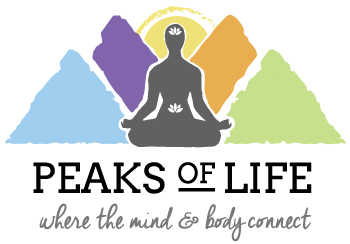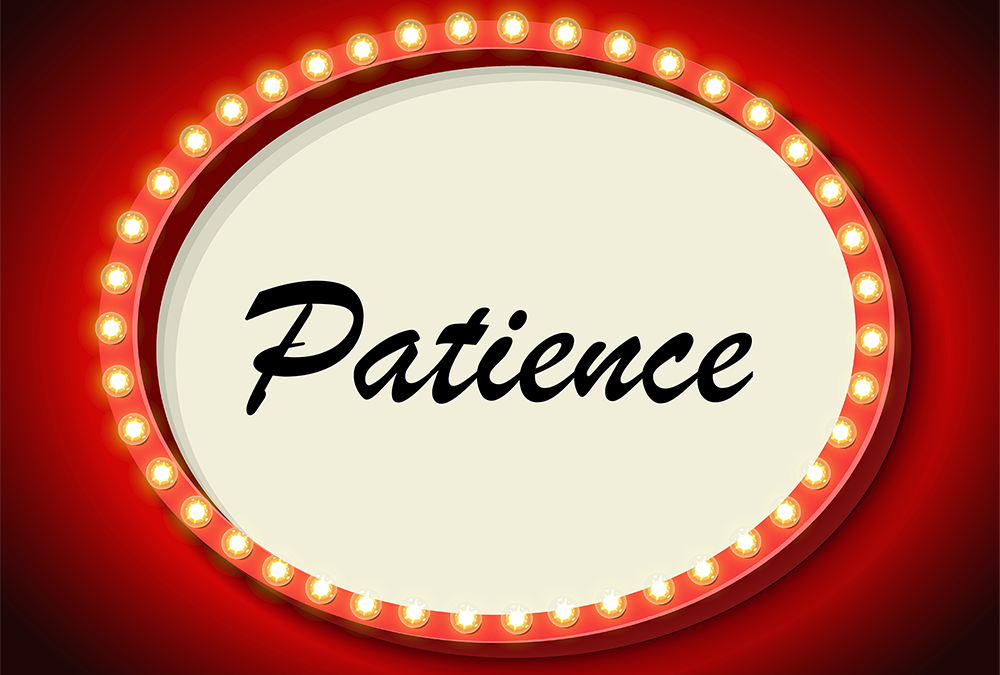As a quick reminder, last time I talked about “How can you be okay when someone you love is not okay?” I shared the first of 4 key lessons I’ve learned related to this topic, which was – we can only help someone as much as they are willing to help themselves. You can read more about that lesson here.
This time I am going to share the second key lesson – Patience for yourself AND for the person struggling. This one may sound obvious, but trust me, it can be challenging. Just imagine there is someone in your life that is struggling. You see it. Maybe you have experienced a similar struggle and you were able to move through it. You share how you were able to get out of the struggle. You provide them with the tools, resources, information that helped you. They listen, and maybe they ask questions. You feel good. You feel like you made a difference.
Then you slowly realize that they didn’t follow any of your advice. They continue to be stuck. They continue to struggle. You know that if they just follow your advice they would feel better. Maybe you get frustrated and you express your frustration with them or with others that will listen. Now what? You might feel better for a little while, because sometimes just being able to “let out” your frustrations can help, but it doesn’t change anything.
The person you care about is still struggling, but now so are you. This is where having patience comes in handy. Sometimes I picture a flashing neon sign with the words “Patience” to help me remember. There are many situations where we have to practice patience, not only for the person that is struggling but also for yourself.
For yourself when you get frustrated and angry with the person struggling; when you jump in and give unsolicited advice; when you take things personally; and when you beat yourself up because you did it again, you lost your patience. Then patience for the person struggling to allow them to find their own unique path; to follow their own timeline; for them to be exactly where they are at; and to allow them to come to you when and if they are ready.
There are many ways to practice patience and each situation will vary, depending on how long they have been stuck, what their specific struggle is and how close you are to the person. Here are some ways I have found that can help when need to practice patience:
Breathe: Our bodies tighten and contract when we are feeling impatient. Simply taking some deep breaths will help your body to release some of that tension. Breathing will also help you come back to the present moment. When we are feeling impatient, we tend to be focused on the past and/or the future.
Meditate: A regular meditation practice has been shown to reduce stress and anxiety, which are feelings we experience when we feel impatient. There are various ways to meditate, you can simply scan your body for areas of tension and then visualize the tension releasing from your body. Some other ways are to focus on your breathing for a set period of time or you can repeat a mantra, such as “patience,” “peace,” or “love.” I find that meditating in the morning before I get out of bed helps me start my day on a positive note.
Journal: Writing down how we feel can help us to process and release some of those impatient feelings. Sometimes, we can say hurtful things when we are feeling impatient. When I have been able to take a deep breath and find some time to journal, I can let go of the angry, frustration on my own versus taking it out on the other person.
Movement: Taking a walk, dancing, or stretching can help you shake off those impatient feelings that can get stuck in your body.
Gratitude: When we focus on what we are grateful for it can help us shift out of our impatience. Think of at least one thing you are grateful for about the person that you are feeling impatient towards. You can also write these down in your journal, so you can go back and review them.
I have also found that sometimes, I have had to distance myself from the person struggling. For example, I’ve had important people in my life struggle with alcoholism. I remember getting caught in the struggle loop many, many times, as I tried to help them – but I couldn’t. (This is when I’ve kept my flashing neon “Patience” sign on all day long).
I let them know I cared, that I was available when and if they were ready to get help, but when they were drinking I had to distance myself from them. This was tough and at first, it felt like I was abandoning them, but it is what I had to do for my own well-being.
Then I remembered that I can only help someone as much as they are willing to help themselves (lesson one) and it’s important that I practiced patience for myself and for them (lesson two).
Here’s your clue for what lesson three is: “The things you do either give you energy or drain you. Choose wisely.” Anonymous

